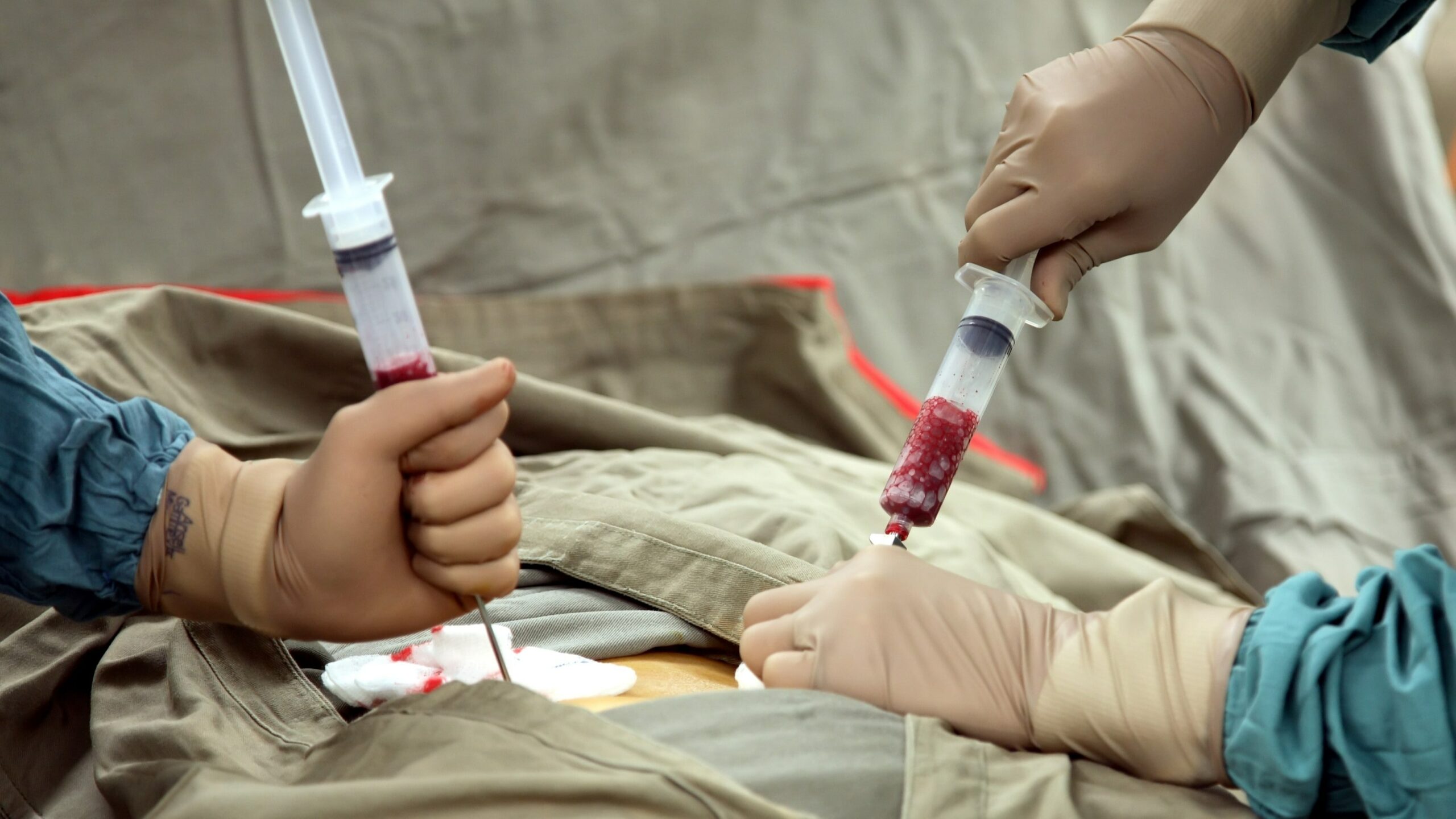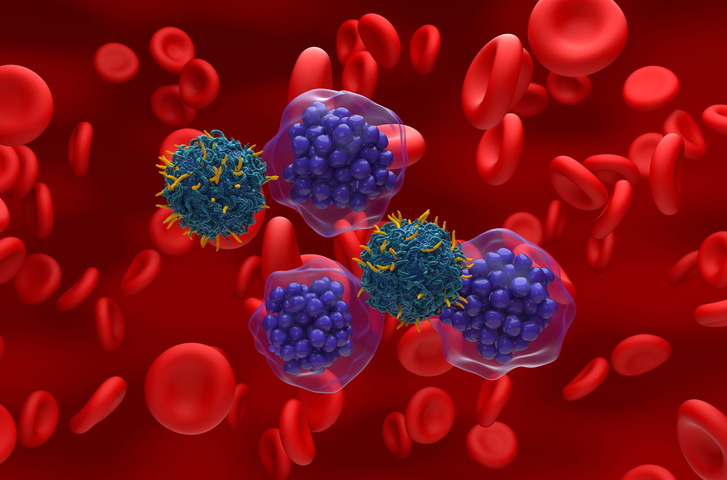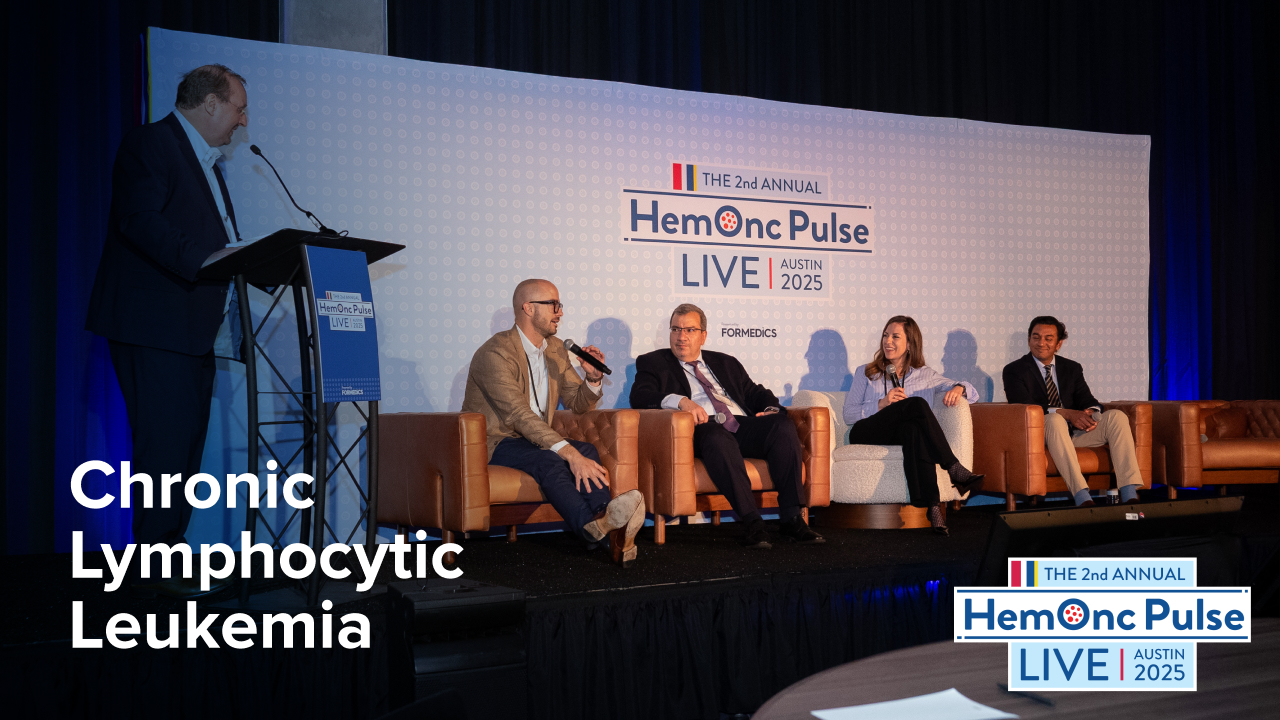
While lenalidomide-associated acute lymphoblastic leukemia (ALL) developed in a clinically significant number of patients with multiple myeloma, including those who had not received high-dose chemotherapy and autologous stem cell transplantation, lenalidomide discontinuation alone led to regression of B-cell populations, authors of a retrospective cohort study reported.
“Our observations regarding the behavior of immature B-cell populations (or frank B-cell ALL) after lenalidomide discontinuation support the agent’s role in leukemogenesis and warrant further investigation regarding the underlying mechanism,” summarized lead author, Mark Geyer, MD, of the Memorial Sloan Kettering Cancer Center in New York.
Dr. Geyer and colleagues reviewed 32 patients who developed B-cell ALL after receiving lenalidomide maintenance therapy. ALL was diagnosed at a median of 54 months (range, 5-119 months) after lenalidomide initiation, with a median cumulative exposure of 42 months (range, 2-114 months). Researchers identified a high degree of TP53 mutation and low hypodiploidy cases among evaluable patients.
Additionally, despite a median age of 65 years and higher-risk ALL factors in the cohort, 25 out of 28 patients receiving treatment achieved either complete response (CR) or CR with incomplete hematologic recovery.
The median event-free survival among treated patients was 35.4 months and was not reached in patients undergoing allogeneic hematopoietic stem cell transplantation (HSCT). Overall, 16 patients survived with no evidence of B-cell ALL after receiving HSCT or extended maintenance therapy.
Notably, investigators observed B-cell ALL and immature B-cell populations regressed after lenalidomide withdrawal in five patients, “suggesting lenalidomide may drive leukemic progression even after initiation of lymphoblastic neoplasia and that lenalidomide withdrawal alone may be an appropriate first-line intervention in selected patients.”
Overall, “established combination chemotherapy regimens, newer surface antigen-targeted approaches, and allogeneic [HSCT] are effective in many patients with lenalidomide-associated B-cell ALL and should be offered to medically fit patients,” the report suggested.
Reference
Geyer MB, Shaffer BC, Bhatnagar B, et al. Lenalidomide-associated B-cell ALL: clinical and pathologic correlates and sensitivity to lenalidomide withdrawal. Blood Adv. 2023;7(13):3087-3098. doi:10.1182/bloodadvances.2022009212






 © 2025 Mashup Media, LLC, a Formedics Property. All Rights Reserved.
© 2025 Mashup Media, LLC, a Formedics Property. All Rights Reserved.